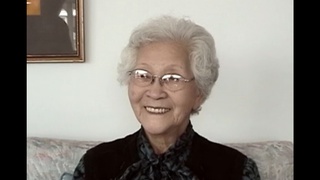Entrevistas
The differences in attitude of pre-war and post war in terms of the President Fujimori presidency (Japanese)
(Japanese) Me, too! I never thought Mr. Fujimori would have been chosen the President by the people of Peru, yes… He was an unexpectedly good politician his first term. The state powers of Peru, the crazy inflation, he really was the hero who saved us from it. He also went to extremes to end terrorism, to eradicate terrorism. Both measures became a large display of strength for him as the President. As the renowned President, his first term really was worthy of praise. It means that the Nikkei people had fortunately been mistaken.
But, during the second and third terms, in a pattern similar to other Peruvian politicians, various problems of corruption arose. Even if President Fujimori wasn’t directly involved, there’s something called supervisory responsibility that he should have assumed as the President. Well, we know what happened next and it lead up to a rather tragic ending. But, at the time, the Nikkei people thought that what they most feared had finally occurred. In contrast to what happened before the war, Peruvian society had either matured or they had seen through the character called President Fujimori; which one it is, I’m not sure. Rather than Fujimori as representative of the Japanese, it was more like there was an individual who happened to be of Japanese descent and who came from the Nikkei community. Even though Mr. Fujimori met that kind of an end, the credibility of the Nikkei community in Peru didn’t change and Japanese bashing didn’t occur even once. This is worth mentioning, I think. Yes. I’m very relieved of that, yes. I don’t think I saw that one coming.
Data: May 7, 2007
Localização Geográfica: California, US
Entrevistado: Yoko Nishimura
País: Watase Media Arts Center, Japanese American National Museum








